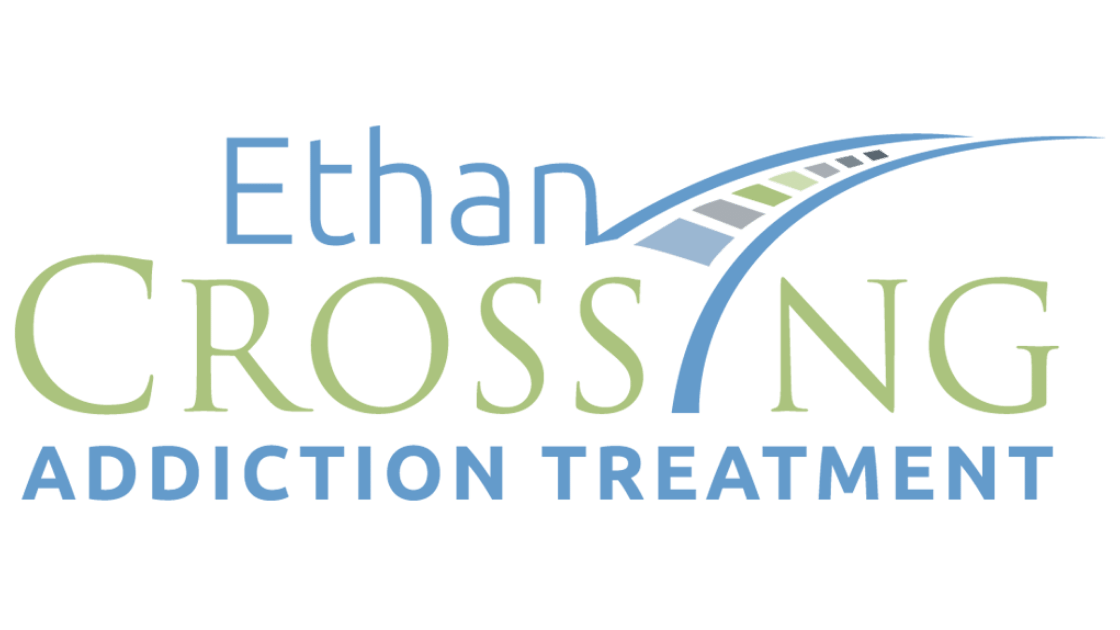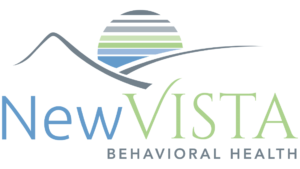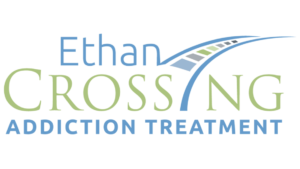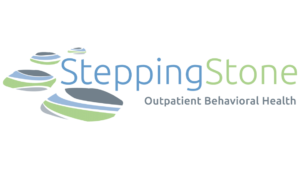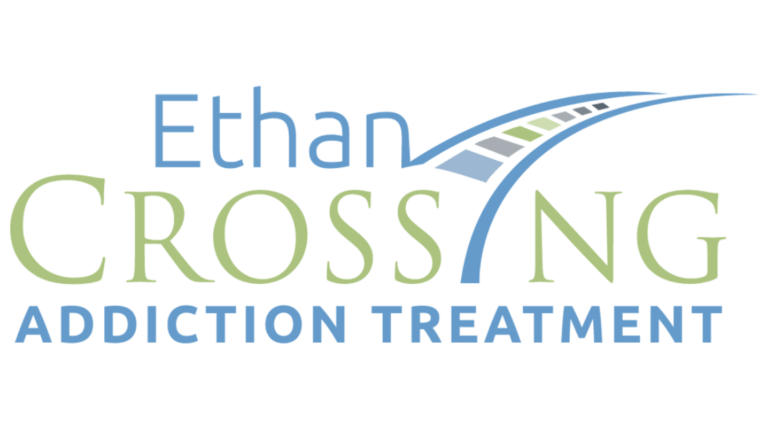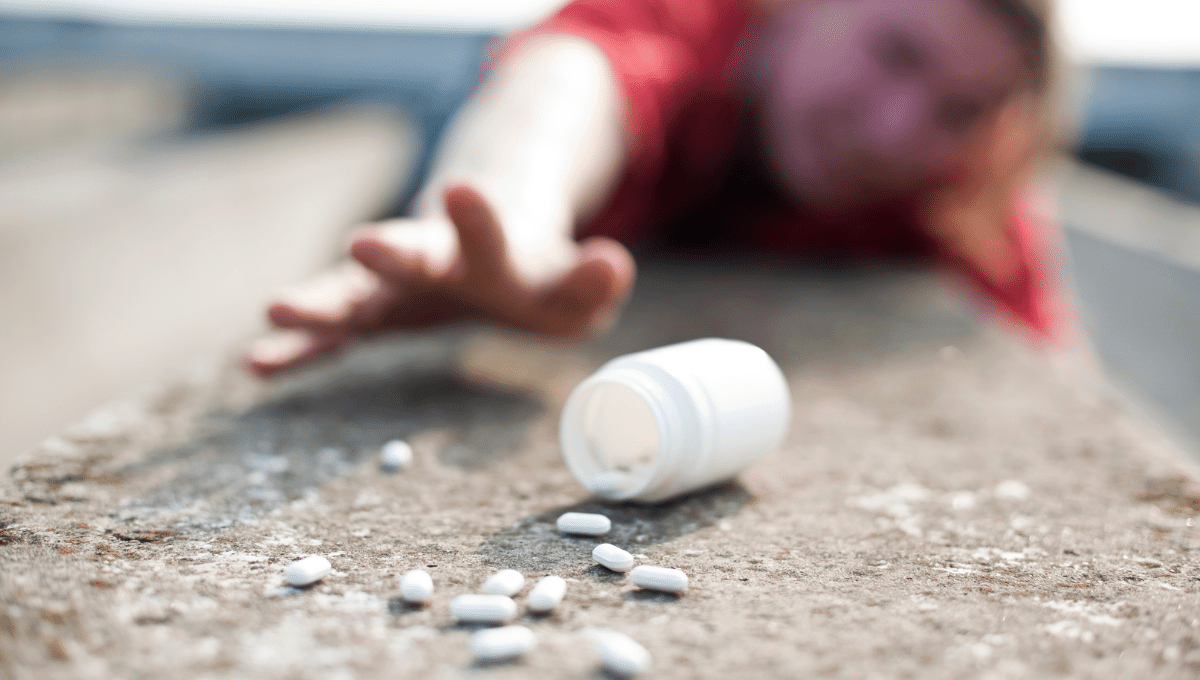Co-occurring mental conditions, often known as dual diagnosis, arise when a person fits the diagnostic threshold for a substance use disorder while also being diagnosed with one or more mental health issues. Any of these illnesses can appear early in development, triggering the appearance of the other.
People with co-occurring disorders now have access to a variety of personalized dual diagnosis rehabs and treatment alternatives that are both versatile and economical. For patients with comorbidity, integrated treatment, which tackles both SUDs and mental diseases at the same time, is recommended.
9.5 million persons aged 18 to 25 were diagnosed with at least one co-occurring condition in addition to a substance use disorder in 2019.
Why Do Substance Abuse and Mental Disorders Occur Together?
Mental health issues and substance abuse disorders can sometimes coexist because of the following reasons:
- The use of several illegal drugs can trigger one or more symptoms of a mental health condition in those who are addicted to them.
- Mental illness can occasionally lead to the misuse of alcohol or drugs, as some persons with mental problems utilize these substances as a sort of self-medication.
- Changes in brain makeup, genetic vulnerabilities, and early exposure to stress or trauma are all underlying causes of mental and drug use problems.
More than 25% of persons with significant mental illnesses also have a substance abuse issue.
What Are Mental Health and Addiction Issues that Commonly Occur Together?
Several risk factors exist that may lead to a dual diagnosis. These include:
-
Dietary Problems
Dietary issues are most likely the result of multiple interconnected elements that contribute to the overall etiology of this problem. Biological, psychological, or social factors can all contribute to the development of an addiction in a man or woman. Hormonal imbalances, anomalies in certain brain regions, negative effects from the use of certain drugs, or having family members with addiction disorders are all biological factors that may impact the evolution of these dietary challenges and the resulting dual diagnosis.
-
Post-Traumatic Stress
Life is full of ups and downs and sometimes overwhelms us with more negative experiences than one can handle in several lifetimes. These experiences cause trauma, and as such, seeking a coping mechanism is often the next logical step in our deconstruction. And now, in addition to the mental exertion such events impose, we are left struggling against the ball-and-chain of addiction, left to drag ourselves into a seemingly inexorable march into the abyss. With such a dual diagnosis, we are left, nay, encouraged, to lift ourselves from the clutches of the glaring abyss into the warm embrace of restoration.
-
Generalized Anxiety Disorder
People suffering from GAD are much more prone to develop a drug or alcohol addiction than people who do not experience anxiety. As the disorder’s symptoms worsen, patients may turn to substances to self-medicate.
-
Depression
Depression is one of the highly potent risk elements for developing an addiction. It is more than just being down in the dumps, it is an agitation of the soul, a breaking of the fundamental expression of the animating spirit. Therefore, to cope with this existential dread, one rushes to the false security of addictive tendencies leading to comorbidity.
-
Schizophrenia
Schizophrenia is a serious, life-long psychiatric disorder. It can cause people to hear voices, see things that aren’t there, and believe that others are monitoring or directing their thoughts. Schizophrenia and addiction, often known as substance use disorder (SUD), are frequently co-occurrent. In fact, it is believed that 50% of people with schizophrenia have a history of substance misuse.
-
Attention-Deficit/Hyperactivity Disorder
According to several research studies, children with ADHD are more prone than the general population to develop alcohol and substance misuse issues as adults. ADHD may affect the occurrence of adolescent substance misuse in various ways, including predicting an earlier incidence of substance addiction, an increased prevalence of substance abuse, and the transition of alcohol abuse to another drug abuse condition. It has been shown that people with ADHD had a shorter time between the bouts of substance addiction and drug dependency. These people are also more likely to fail therapy because their disruptive activities make it difficult to access and respond to treatment.
Factors That Contribute To Dual Diagnosis
Risk factors are biological, psychological, family, community, or cultural qualities that underlie and are linked to a higher risk of unfavorable outcomes. Protective variables are qualities that are linked to a lower chance of undesirable outcomes or that reduce the influence of a risk factor. Protective factors might be thought of as beneficial counter-events or countervailing forces.
Some risk and protective factors are immutable, meaning they do not alter over time. Other traits are fluid and fluctuate throughout time. Income level, peer group, adverse childhood experiences (ACEs), and employment position are all variable risk markers.
Individual-level risk factors could include a person’s genetic proclivity for addiction or prenatal exposure to alcohol. Positive self-image, self-control, and social skill are examples of individual-level protective factors.
What Is The Best Treatment For Dual Diagnosis And Substance Use Disorder?
Therapies used as a single treatment for mental health are often useful for patients with dual diagnoses. Similarly, medications used to help people who are addicted to drugs often function to prevent drug addiction if the condition is present. So, what kind of treatments are suitable for someone who has a dual diagnosis? .
Treatment options include:
- Medical assessment upon admission
- Psychiatric evaluation upon admission
- Individual and group therapy
- Individualized treatment plan
- Family support group
- 12-step-based philosophy of addiction recovery
- Inpatient primary or extended care
- Life skills education
- Medication management
Find Help Through Our Treatment Programs
Having the right kind of information is crucial to seeking and benefiting from treatment therapy. Our inpatient treatment program helps you navigate the complexities of a dual diagnosis. Contact us today to learn how we can help you.
